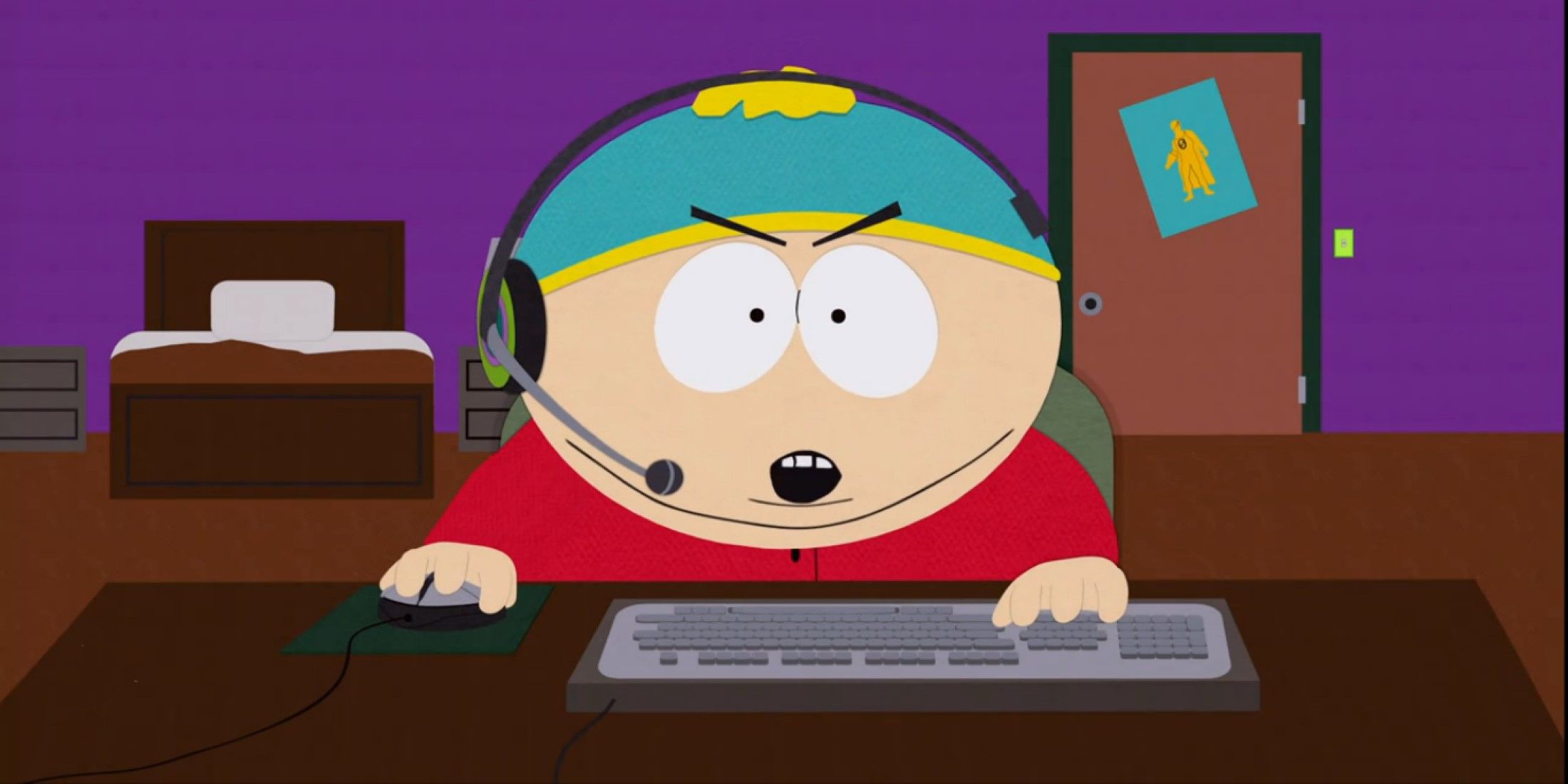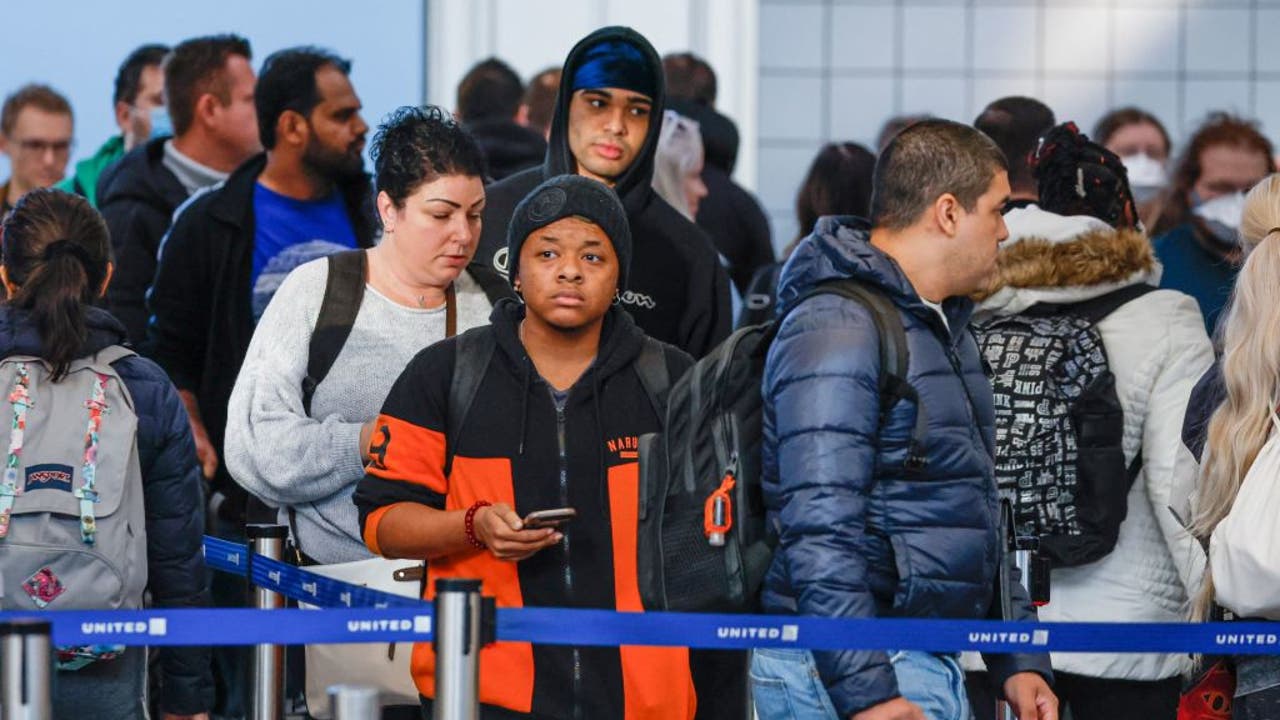Fitness
This Dominican-American Run Club Leader Wants to Make Racing for Everyone

This story is part of Latinx in Fitness, a series of articles highlighting the unique experiences of Latinx trainers, athletes, and gym owners within the fitness community from their own perspectives. Read the rest of the stories here.
HECTOR ESPINAL CO-FOUNDED a running club for people of color called We Run Uptown Crew in 2013 in New York City. Over the years Hec—as friends lovingly call the 33-year-old—has run all six Abbot World Marathon Majors, along with more than two dozen 5Ks, 10Ks, half-marathons, and even relay races longer than 200 miles. Runner’s World named Espinal one of its Runners of the Year in 2023, and his experience as one of several runners who just missed the cutoff time at this year’s Boston Marathon helped to ignite important conversations about major races and accessibility standards for runners of all kinds.
Still, he often meets people who assume he’s never run a race, simply because he doesn’t look like a stereotypical marathoner (he describes himself as a “fat, Dominican runner”). Espinal recalls watching his fiancé and eight-year-old son run a recent 5K in Harlem. “I was super proud of Hendrix for being the youngest finisher in the adult race, so I was cheering him on,” Espinal tells Men’s Health. “Then, the lady next to me goes, ‘You should do this next year. You would love it.’”
Confused, Espinal asked, “I should do what?”
“You should try to run a 5K.”
Espinal says he pointed to the logo on his WRU Crew tee and established his running bonafides—especially since he’d already taken on that particular race four times. “The way she fixed her face of confusion,” he says, recounting the scene. “She couldn’t fathom that someone my weight had done that.”
We spoke with Espinal about the challenges of running as a Dominican, the quest for body diversity in running, and the ways he’s learned to reframe negative experiences into learning lessons.
MEN’S HEALTH: How did you get your start in running?
HECTOR ESPINAL: I started running because I was having an identity crisis. I was in survival mode. Then I started to see that other people were feeling the same way. Maybe they lost their job or a family member. Whatever it was, we were all finding some solace in this setting. We figured out that shared experience and common struggles build community. The shared experience was us meeting every Monday and Wednesday to run together. And that common struggle…when you live in the hood, everyone’s struggling with something. Whether it’s environmental, a relationship, no pude pagar mi renta (I couldn’t pay my rent), mi mamá está enferma (my mom is sick). Being Black and brown, we’re already starting with a lesser-hand. So many of us are in survival mode. I feel like getting all of these people together was to form this beautiful, blossoming community.
And a lot of it came from a struggle with the NYPD, too. We started running during the stop and frisk era, and the local police department knew me from a previous life. They knew me for being a knucklehead. So it was like, “Why are they all running? What are they doing?” They’d stop us and ask us to put our hands on the wall, mid-run, and search us. At that point, I wondered if we should even continue running. It took us sitting down with Community Affairs at both of our local precincts and pretty much pitching WRU Crew. We said, “Hey, this is what we’re doing every Monday. This is why it’s good for the community. Can you guys stop f*cking with us? Can you guys please allow us to just be great? Let us run. We’re not doing anything wrong.”
MH: Have you found that you’re the only person who looks like you in most of the rooms and running paths that you’ve been in over your career? How do you traverse that space?
HE: I like to consider myself an anomaly. I’m a fat, Dominican runner. If I’m not the only Latino or Dominican or person of color, I’m the only fat person there. In the past, I’ve had to be hyper-aware of not running up on people [on the roads] because I don’t want to scare them—in the winter, especially, when I’m wearing a ski mask. Now, that narrative has changed. If you live Uptown, you’ve seen WRU Crew for sure.
In NYC, I’ve never felt like a minority because of my ethnicity. [Latinos] are taking up space and I feel confident wherever I go that I’m going to find other people who look like me and who share my beliefs. But when we’ve traveled, I have felt that. We pulled up to a run club afterparty in San Francisco, and it was a beautiful event with beautiful people. But there were no Black people there.
There was no one who looked like me there, except for the people who came with me. And it’s cool—I don’t dwell on it or stress about it. I am who I am, no matter where I go. And that is how I navigate that. I’m always authentically myself. I never dim my light. I’m not going to change the way I walk, the way I talk, the way I dress, because that is how I got to where I’m at today. And if that makes you uncomfortable as a majority in the space, then you have to look inward.
MH: What do you view as the biggest challenge as a person of Latin American descent in your part of the industry?
HE: Like I said earlier, I think the hardest part is being in survival mode. But also, as a plus-sized Latino in running, a lot of times it’s the hate from my own community. One of the nuances that comes from being Dominican or just Latino is that your biggest insecurity becomes your nickname. If I had big ears, everybody would call me orejón. If I had a big nose, they’d call me nariz. Your insecurities are inadvertently weaponized against you.
As far as my work as a leader, it’s being diplomatic and understanding that this is new in my community. People are coming to me for answers, and I have my own problems. I’m going through therapy. I’m doing all the things that I need to do to be well, but you can’t pour from an empty cup. Whether I’m having a bad day or a good day, I still gotta stand up there on a Monday with a megaphone in my hand and make sure that everybody else is good. And that helps me fill my cup, because I feel like that’s my service to Uptown.
MH: What do you think can help to make the industry more equitable?
HE: It starts with community leaders speaking up and taking up the same space that a lot of our fair-skinned counterparts do. I just got invited to run the San Francisco Marathon, and my first thing was “I want to bring my community.” I’m advocating for WRU Crew. So I asked if I could get 10 bibs. We got five. And I’ll take that because that’s five people who are now experiencing this and then bringing it back to Uptown. We also need to be protective of our communities and really be picky about who we work with. Otherwise, it starts to look like a NASCAR jersey with all sorts of logos everywhere. And that’s when it loses its essence.
MH: What do you think is the significance of you being a bigger-bodied runner? How does that motivate you day to day?
HE: Until I started running, my weight was an issue for me. Now, I know it separates me from the pack. No matter where I show up, I’m easily the biggest guy there and usually coming in dead last. If it’s hot and it’s sunny, my shirt is off. And if my body type makes you uncomfortable, you’ve got to go do some work. You can’t use my weight as a weapon against me. You can’t use it to bully me, because I own that. It doesn’t matter anymore. Running has given me the confidence to navigate America and the world.
MH: Why do you think reframing a DNF [did not finish] is important and what tips do you have for other people to do that?
HE: It’s all about giving yourself grace. Why are we holding everyday runners to a higher standard than elites? Elite athletes have also DNF’d because the conditions aren’t safe or they’re hurt and don’t want to make it worse. But when I don’t finish, I get ridiculed. It’s like, “This happened to Hector because he’s fat, because he’s slow, because he didn’t train. He shouldn’t be running marathons.”
I am a father, I am a business owner, I am a community leader. I have a nine to five. I’m a spouse. I have all these other components of my life. My life doesn’t revolve around my training—my training revolves around my life. At some point on that course, you start to prioritize your health and your life instead of a finish. And that’s the way it should be.
Want to read more first-person perspectives on overcoming obstacles, breaking barriers, and finding success from Latinx fitness pros? Click the link below to read all of the stories.










